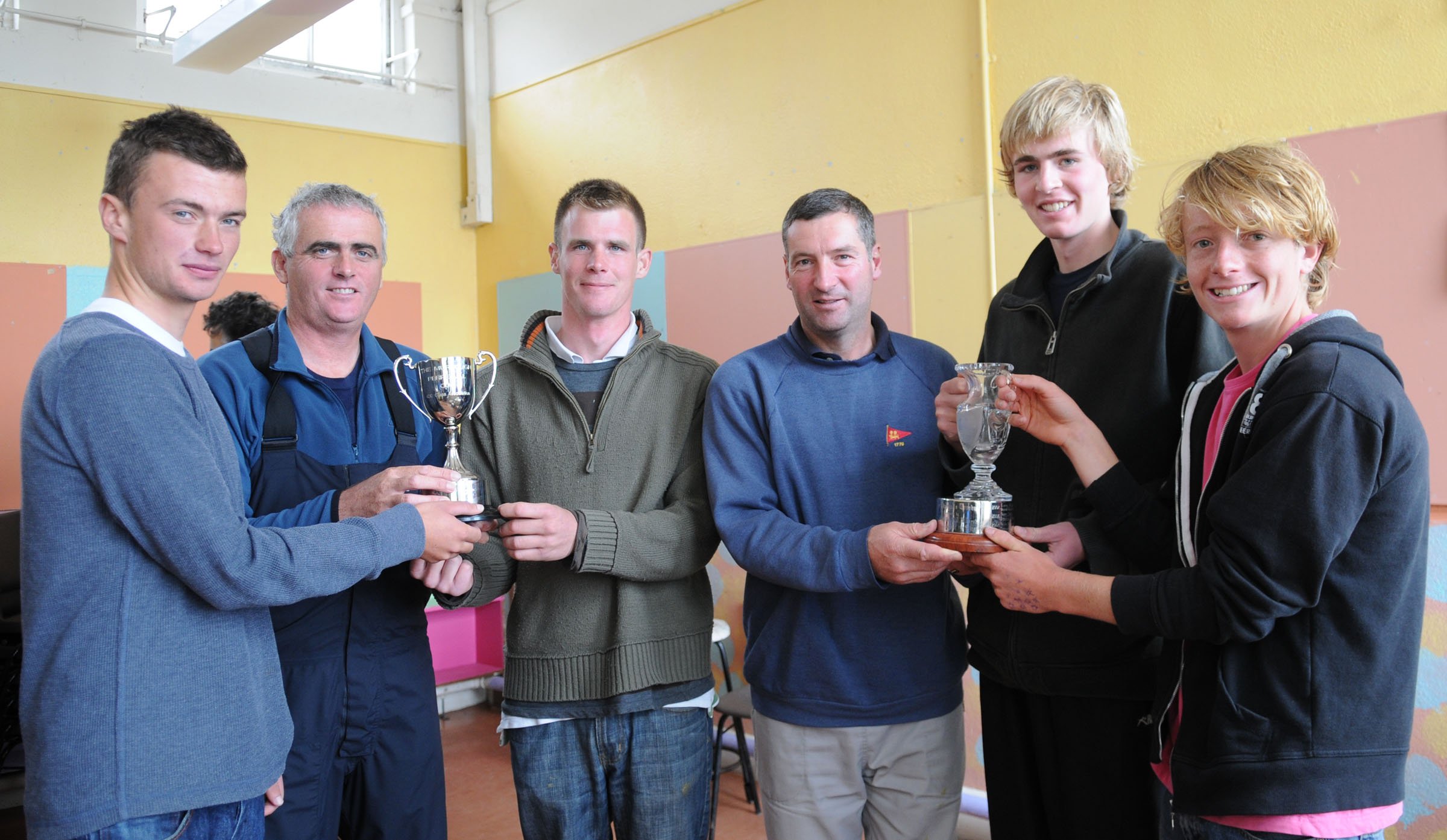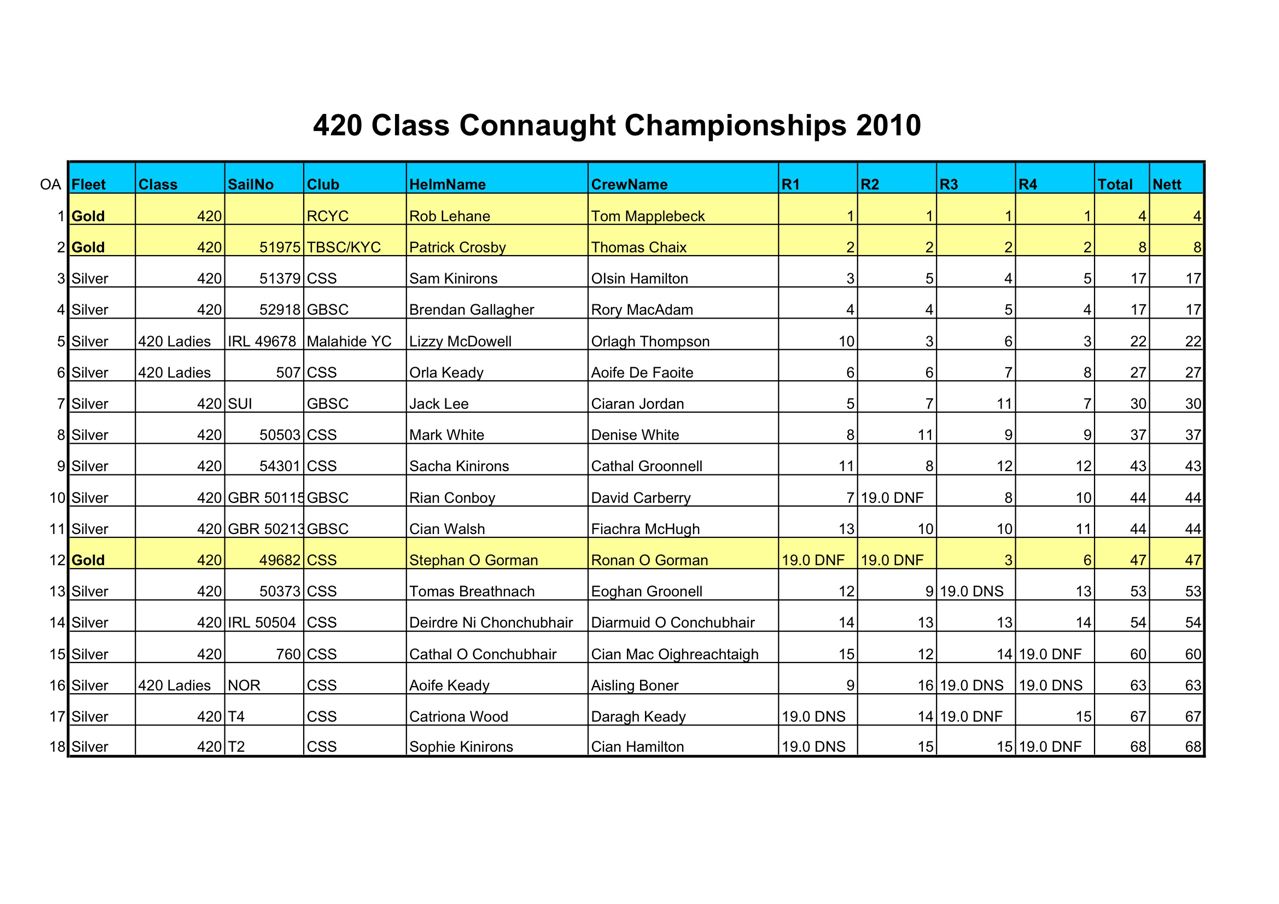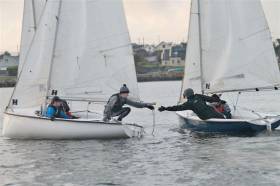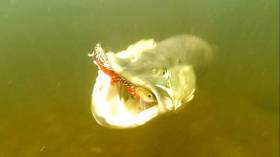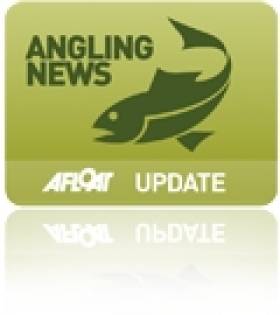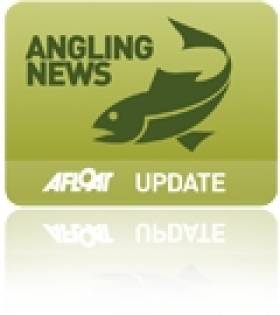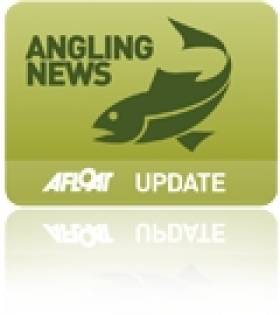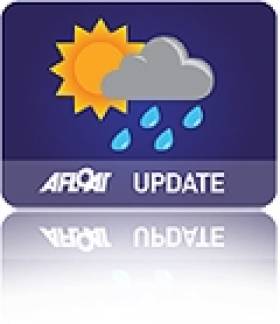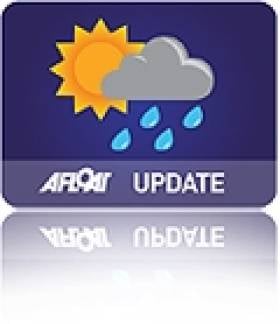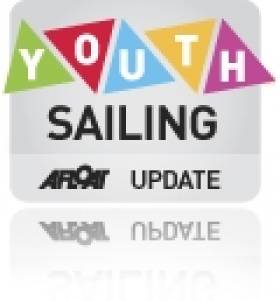Displaying items by tag: Connacht
St Enda’s College Win Connacht Schools Team Racing Championship
For the second year in a row, Comhghairdeas Coláiste Éidne (St Enda’s College) Galway won the Connacht Schools Team Racing Championship on Sunday 3 March in Carraroe, hosted by Cumann Bádóireachta agus Seoltóireachta.
Six teams from in and around Connacht were able to make the event despite the postponement of racing to Sunday due to westerly gale force winds hammering the bay on Saturday.
The schools included St Enda’s, Athlone Community Marist College Athlone, Calasanctius Oranmore and host school Scoil Cuimsitheach Chiaráin Carraroe.
Every team got to race each other in a full fleet of Fireflies, and St Enda’s were delighted to come away with the win up against strong challengers in Athlone Community College and Marist College Athlone, who placed second and third respectively.
The top three teams now go through the Schools National Team Racing Finals hosted by Schull Community School on the weekend of 4-5 May.
Connacht Anglers Fear Threat To Wild Brown Trout By ‘Predator’ Pike
#Angling - Wild brown trout in Connacht lakes face extinction due to unchecked numbers of pike, local anglers fear.
According to Galway Bay FM, the Connacht Angling Council says stocks in Lough Corrib and Lough Mask are among those under threat unless measures such as a closed season for angling and a pike cull are introduced.
Ahead of its ‘Pike are Predators – Save our Wild Brown Trout’ campaign launch this Wednesday 20 September from 8pm at the Boat Inn in Oughterard, the council has launched an online petition in the hopes of persuading Inland Fisheries Ireland to take action against the “predator” species.
Connacht Calls for Female Sea Anglers
#Angling - Connacht hopes to encourage more women sea anglers to compete for the province at All-Ireland level, as the Mayo Advertiser reports.
The Connaught Council of the Irish Federation of Sea Anglers (IFSA) wants to field a full team for the All-Ireland Ladies Interprovincial Shore Angling Championships in February.
To this end, it plans to provide greater support and resources for female anglers in the west, and is open to welcoming women of all levels and experience into the fold.
“If you are not already part of a club, the first step is to become a member, said Connaught Council team manager Brian Reidy. "These clubs are social, fun, and provide great support for novice anglers."
The Mayo Advertiser has more on the story HERE.
Corrib Anglers Donate to Rescue Boat
#ANGLING - Days after the tragic death of an angler on Lough Corrib, as previously reported on Afloat.ie, the Collinamuck Angling Club will donate €5 from every entry in the upcoming open wet fly competition on 22 April to the Corrib Mask rescue boat.
"The important work that is carried out by the volunteers of the Corrib Mask rescue boat is sometimes forgotted by us anglers," the club's Lionel Flanagan told the Galway Advertiser at the launch of this year's contest.
"We hope this small token will help the Corrib Mask rescue boat continue to provide this vital resource to Connacht anglers and visitors alike.”
Loughrea Lad Takes Connacht Youth Fly-Tying Title
#ANGLING - Ciaran Reilly was awarded the title of best all-round fly-dresser for 2012 at the Connacht Youth Fly-Tying Championships in Loughrea, Co Galway recently, The Irish Times reports.
The 12-year-old from Loughrea is now set to captain the Connacht team in the national championships later this year. Runners-up were Conor Cunningham from Loughrea and Ryan Binley from Foxford.
“It was delightful to see so much enthusiasm among the youngsters, all eager to secure a place on the Connacht team,” said judge and former fisheries inspector Danny Goldrick.
The event on 21 January was run by the Western Lakes’ Angling School on behalf of Connacht Angling Council.
Gale, Flood Warning In Effect for Ireland Today
#WEATHER - Met Éireann is warning that more gale force winds will affect many parts of Ireland and the Irish Sea today (28 December).
According to the forecaster, stormy conditions over Connacht, Ulster and parts of north Leinster will see gale force westerly winds with gusts of between 100 and 130 km/h.
The worst winds are expected in exposed coastal and hilly areas of Ulster and Connacht. There is also an increased risk of flooding as a result of high astronomical tides combined with very high seas.
Storm Force Wind Warning In Effect for Irish Coast
#WEATHER - The Irish Coast Guard has warned people to stay away from cliff paths and other coastal areas as near hurricane force winds continue to batter the country, the Irish Examiner reports.
As of this morning, Met Éireann was expecting gusts of up to 140 kilometres an hour in Connacht and Ulster.
All Irish coastal areas are expected to experience strong gales. Winds will occasionally reaching violent storm force 11 on coasts from Rossan Point to Malin Head to Fair Head this afternoon, according to meteorologists.
Cumann Seoltoireachta an Spideil Host 420 Champs
A field of top class visitors and local crews saw former 420 Champion Rob Lehane and crew Tom Mapplebeck, who are currently campaigning a 470 revel in the fresh conditions to take the Connacht title ahead of Patrick Crosbie and crew Thomas Chaix and local father and son team of Stephen & Ronan OGorman.
The silver fleet was hotly contested and CSS Spiddals own up and coming team of Sam Kinirons and Oisin Hamilton took the trophy on a countback from Brendan Gallagher & Rory McAdam of GBSC with a third place overall in the first race.
Racing was cancelled due to strong winds on Saturday and the sailors and supporters enjoyed an evening BBQ hosted by CSS members Carmel & Tiernan OBrien.
4 Races were ran by Race Officer John Leech on Sunday in freshening South Westerlies with at times poor visibility in showers. The fleet and especially the many young 420 crews showed great seamanship in dealing with the testing conditions on this exposed coast, which is no doubt a great encouragement to the 420 Fleet.
